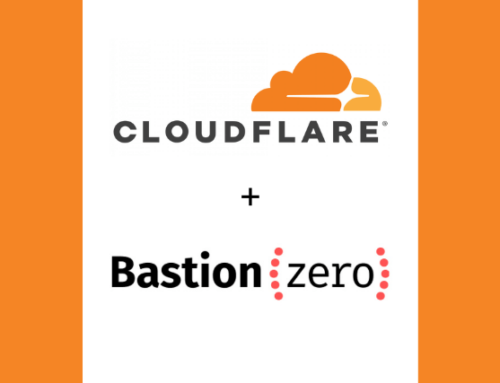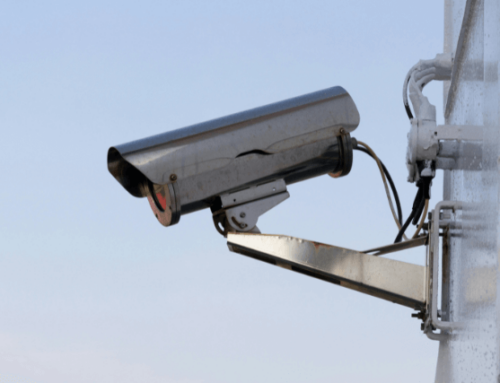A Strong Business Continuity Plan Will Lessen the Threat
A recent email scam, claiming to be from energy company AGL, targeted 10,000 Australians, according to The Sydney Morning Herald. The email tricks a user into downloading a copy of a bill which then installs malware—known as ransomware—that locks a computer down and demands a sum of money in order to unlock it.
In another incident, after the state Senate in California approved legislation outlawing ransomware, Sen. Bob Hertzberg’s website was hijacked with the malicious software, locking down all of their shared drive files and preventing them from being accessed, Government Technology reported.
It’s not a rarity, but now an everyday occurrence—ransomware is on the rise. “Hospitals, school districts, state and local governments, law enforcement agencies, small businesses, large businesses—these are just some of the entities impacted recently by ransomware,” according to the U.S. Federal Bureau of Investigation.
The impact of being affected by ransomware is tremendous, the FBI explains. “The inability to access the important data these kinds of organizations keep can be catastrophic in terms of the loss of sensitive or proprietary information, the disruption to regular operations, financial losses incurred to restore systems and files, and the potential harm to an organization’s reputation.”
Measures to Fight Back
The bottom line is it’s time for organizations to get serious about the threat posed by ransomware. If the above cases aren’t enough to get the attention of companies, here’s another sobering fact: at the end of March of this year, 93 percent of all phishing emails contained encryption ransomware, according to a PhishMe study that was reported on by CSO.
So what can organizations begin to do to counter ransomware attacks? Here are some tips to start:
- Avoid opening unverified emails or clicking links embedded in them
- Follow the 3-2-1 rule, which calls for creating 3 backup copies of files on 2 different media with 1 backup in a separate location
- Regularly update software, programs and applications
The FBI echoes the above recommendations, calling out in particular two main areas that organizations should focus on: prevention and business continuity.
As it relates to prevention, the FBI recommends organizations ensure employees are aware of ransomware; manage the use of privileged accounts to ensure no users are assigned administrative access unless absolutely needed; and implement software restriction policies or other controls to prevent programs from executing from common ransomware locations, such as temporary folders supporting popular Internet browsers.
From a business continuity perspective, organizations should back up data regularly and verify the integrity of those backups, the FBI says. In addition, backups should be secured and disconnected from computers and networks they are backing up.
Still, there is no silver bullet to protect an organization from a ransomware attack, says James Trainor, Cyber Division Assistant Director at the FBI. “But contingency and remediation planning is crucial to business recovery and continuity—and these plans should be tested regularly.”
It’s time for you to get serious about anticipating and preparing for a ransomware attack. If you’re ready to discuss business continuity and secure backup solutions that will eliminate the potential threat of ransomware for your organization, contact the experts at ADAPTURE.












